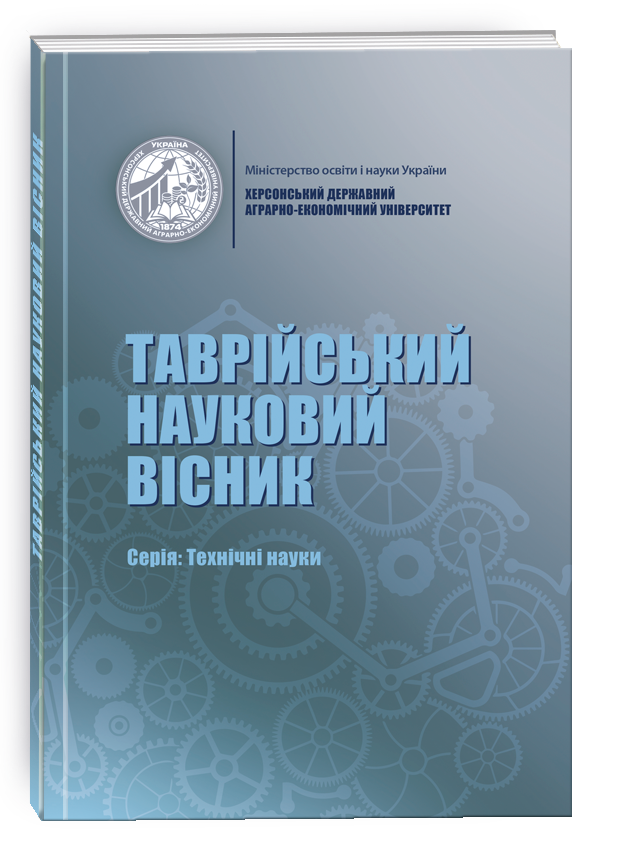FORMATION OF POSITIVE MOTIVATION FOR LEARNING BY THE MEANS OF GAME RECEIPTS
DOI:
https://doi.org/10.32782/tnv-tech.2024.3.7Keywords:
information and digital means, game technologies, information competences, interactive learning methods, pedagogical technologiesAbstract
Motivation is the driving force behind many types of human activity, including learning. Motivated learners are willing to exert significant mental effort and use more complex and effective learning strategies. In the modern educational environment, game technologies have become an integral part of pedagogical technologies. Their integration into the educational process is not just a trend, but a significant step towards improving the educational process and forming skills relevant for the digital age. The application of such technologies in education goes beyond a simple game. It involves the use of game mechanics, aesthetics and game thinking to engage students, motivate action, promote learning and problem solving. One of the main advantages of introducing game technologies into the educational process is a significant increase in the level of student involvement and motivation. Games naturally attract students' attention thanks to elements such as ratings, points and rewards. These elements are not only motivational tools, but also provide feedback, set clear goals and demonstrate student progress. All these aspects are crucial in the classroom, where maintaining interest, engagement and motivation is often the biggest challenge teachers face. Game technologies contribute to the creation of an interactive learning environment that encourages active participation and hands-on learning. Through simulations and role-playing, students can explore complex systems and processes in a controlled environment, without risk to themselves. Such experiential learning helps students understand abstract concepts more concretely and remember information more effectively. Games are also a powerful tool for cognitive development. They encourage students to think critically, solve problems, make decisions and develop strategies – all skills that are important in both academic and real-world contexts. The adaptive nature of gaming technologies means that they can be designed to increase in complexity as the learner's skills increase, while maintaining an optimal level of challenge. Games allow for differentiated learning, where students can develop at their own pace and receive a learning experience tailored to their individual needs. Advanced game-based learning systems can adapt to the student's performance, offering more or less prompts as needed and generating tasks that are tailored to the student's level of knowledge and skill. The article describes the main game technologies used in combination with ICT to improve the educational process. The use of specialized platforms for teaching programming, virtual simulators, interactive game environments, tools for creating educational games, robotics, as well as virtual and augmented reality technologies is analyzed. It was determined that such integration contributes to the creation of immersive and interactive learning environments. Examples of the use of digital means of implementing game technologies in the study of computer science are also considered. In particular, the Scratch platform was analyzed, which allows students to create their own interactive projects through visual programming. Explored Google's Interland game, which promotes digital citizenship and online safety through interactive modules and quizzes. It has been established that the Educaplay platform provides tools for creating and distributing educational exercises and games that can be integrated into various learning management systems.
References
Бойко А.М., Дем’яненко Н.М. Педагогічна спадщина А. Макаренка в контексті загальнопедагогічної підготовки вчителя / Педагогіка і психологія. 1998. № 1. C. 162-168;
Спірін О.М. Інформаційно-комунікаційні та інформатичні компетентності як компоненти системи професійно-спеціалізованих компетентностей вчителя інформатики./ Інформаційні технології і засоби навчання. 2009. №5 (13).
Биков В., Лещенко М. Цифрова гуманістична педагогіка відкритої освіти / Теорія і практика управління соціальними системами. 2016. № 4. С. 115-130.







